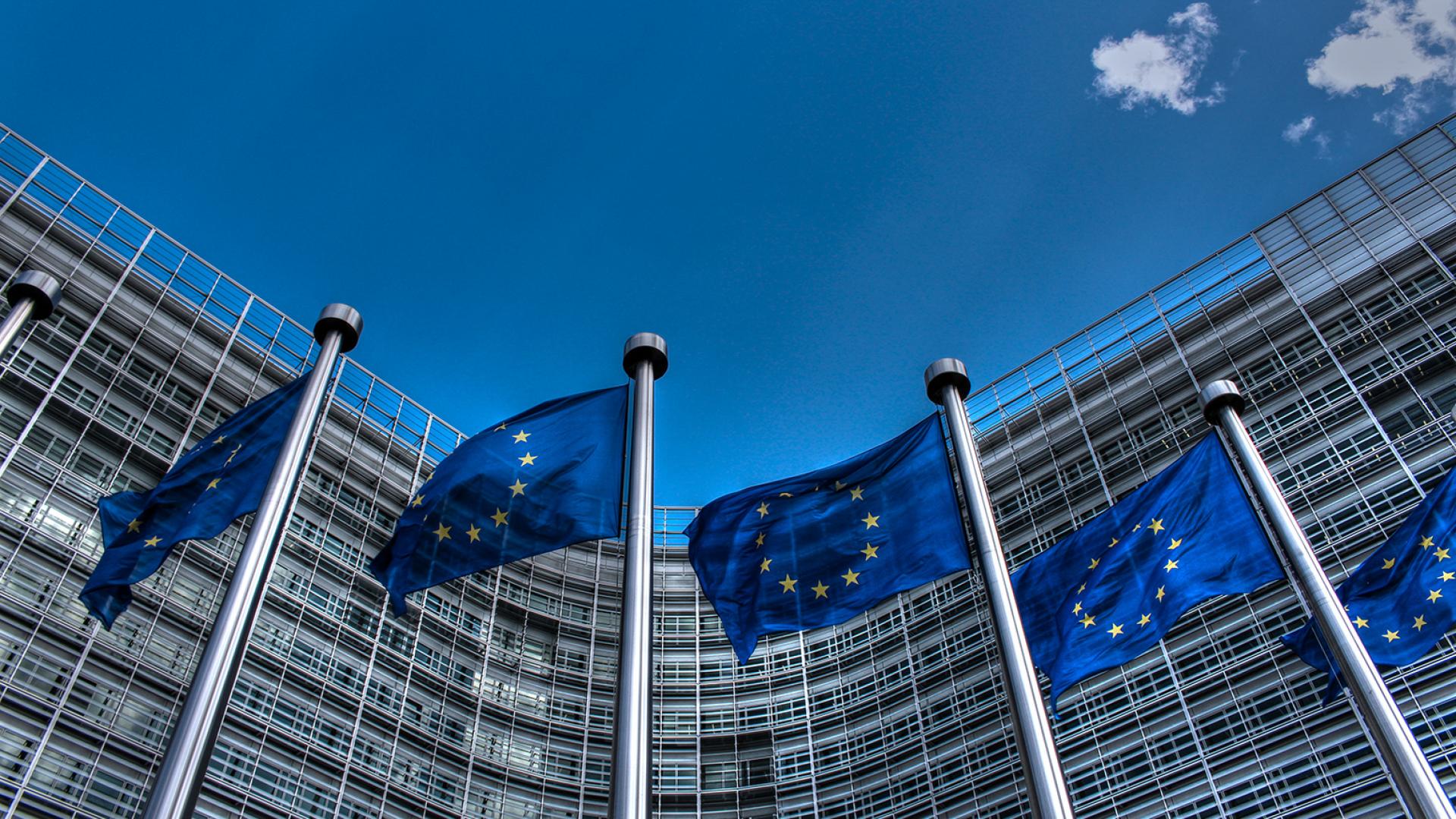
September 23 2024
Landmark Law Addresses ‘Value Gap’ of Online Music
Brussels 20 September: Transposing the EU Copyright Directive into the 27 national laws across Europe is complete today as it enters into force in Poland, the last remaining EU Member State.
This vital law affects every music company, songwriter and artist worldwide whose work is streamed in Europe on digital services such as YouTube, TikTok, Instagram, X, Triller, Facebook and many other ‘User Upload’ services.
Its creation and passing was in unprecedented and dramatic circumstances e.g. the European Parliament was subjected to a heavily resourced and complex astroturfing campaign by ‘Big Tech’ companies; more than 8 million emails were generated towards EU lawmakers; Wikipedia ‘blacked out’ its homepage before key votes; tech funders used leverage to push high profile European newspapers to include anti-copyright messaging; almost 100,000 activists in Germany marched against the laws; individuals were subsidised to protest outside the European Parliament; a bomb threat was even issued against one of the leading lawmakers.
The mantra from commercial opponents was that passing Article 17 would ‘break the internet’. Today, the internet in Europe is functioning as normal.
Further, the intellectual property rights of millions of music makers and companies have been improved. The law includes vital rules for digital services, chiefly ‘Article 17’, which has 4 pillars:
- Value Gap – Platformsmust seek licenses on fair terms from all relevant rightholders and do not have a ‘Safe Harbour’ from copyright liabilities (as they often claimed despite digital music being central to their business models).
- Rights Enforcement – instead of endless ‘whack-a-mole’ by music companies per URL, these platforms now have a ‘Stay Down’ obligation when unlicensed music is flagged.
- Transparency – Platforms must increase transparency on how music is streamed on their services.
- Global future – The EU should be exporting these IP standards to international marketsvia trade policy.

